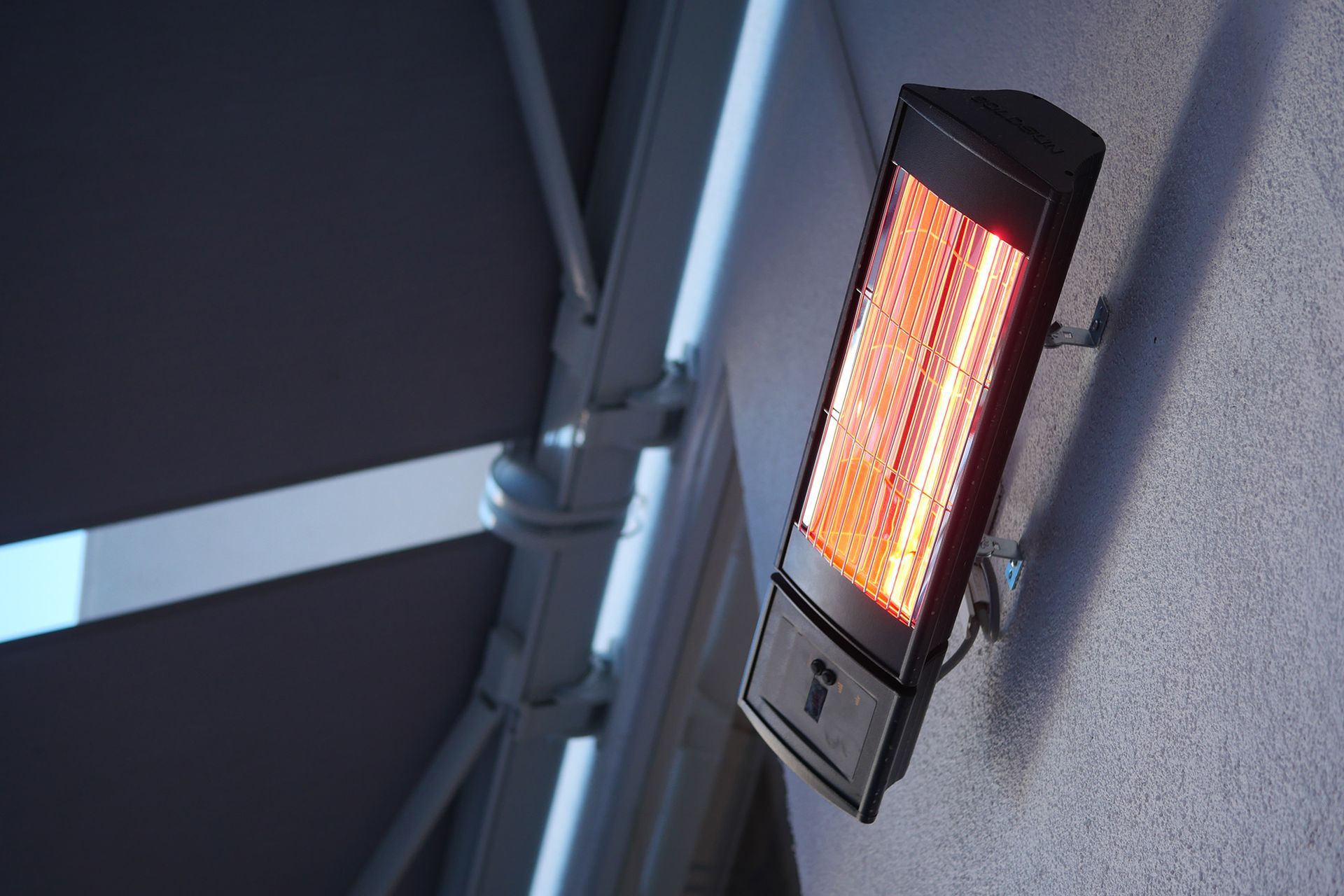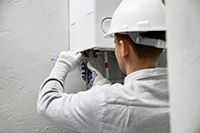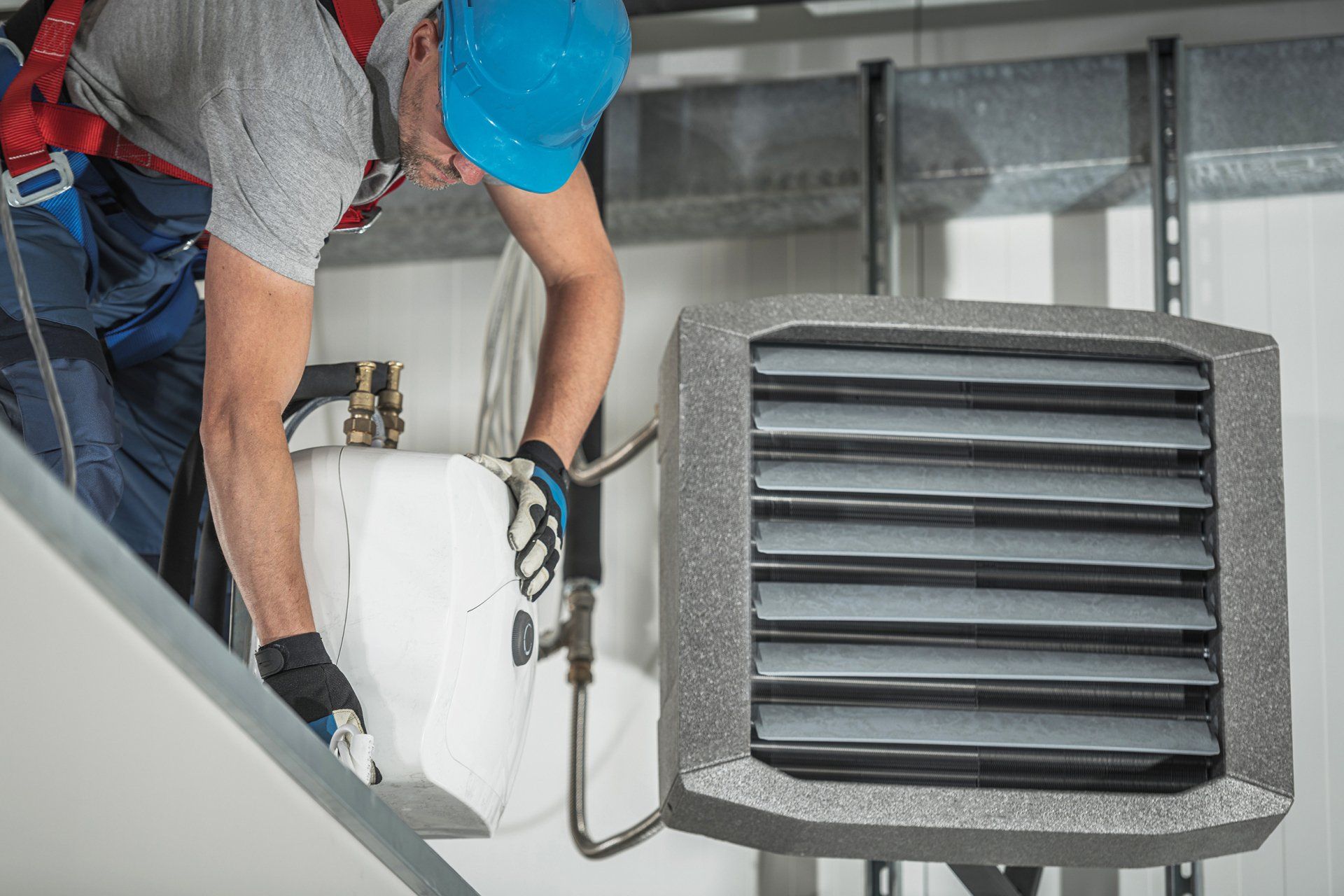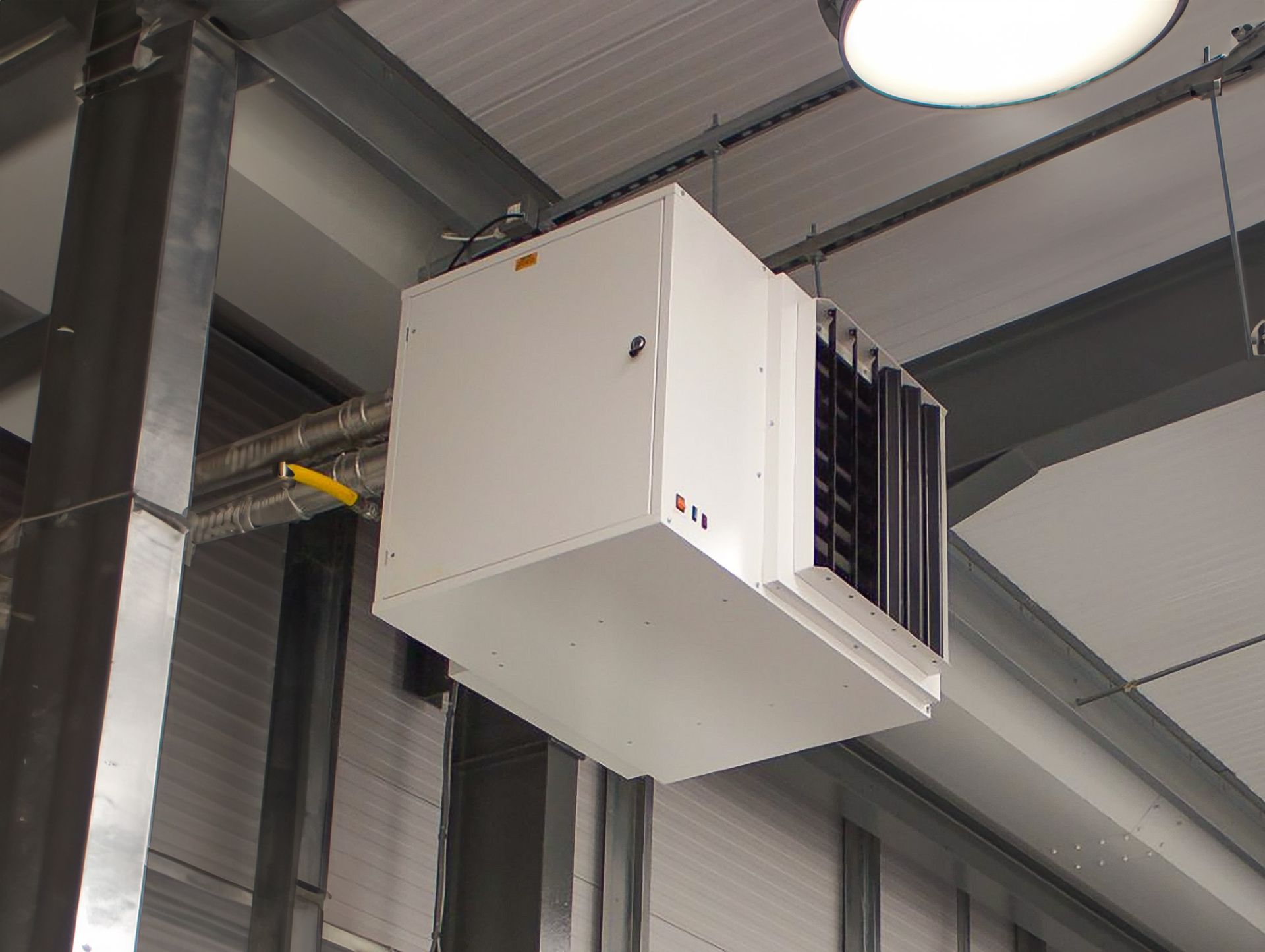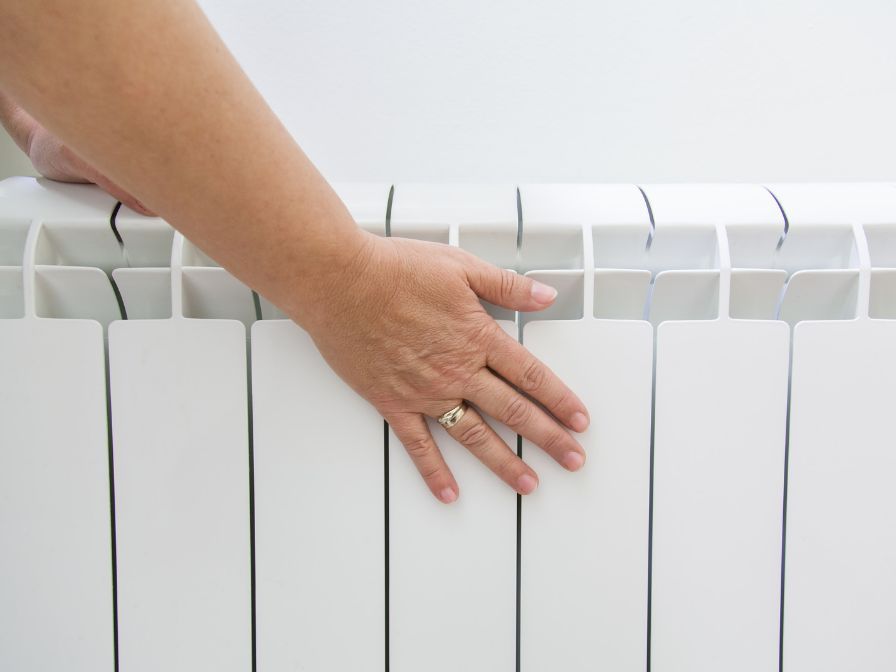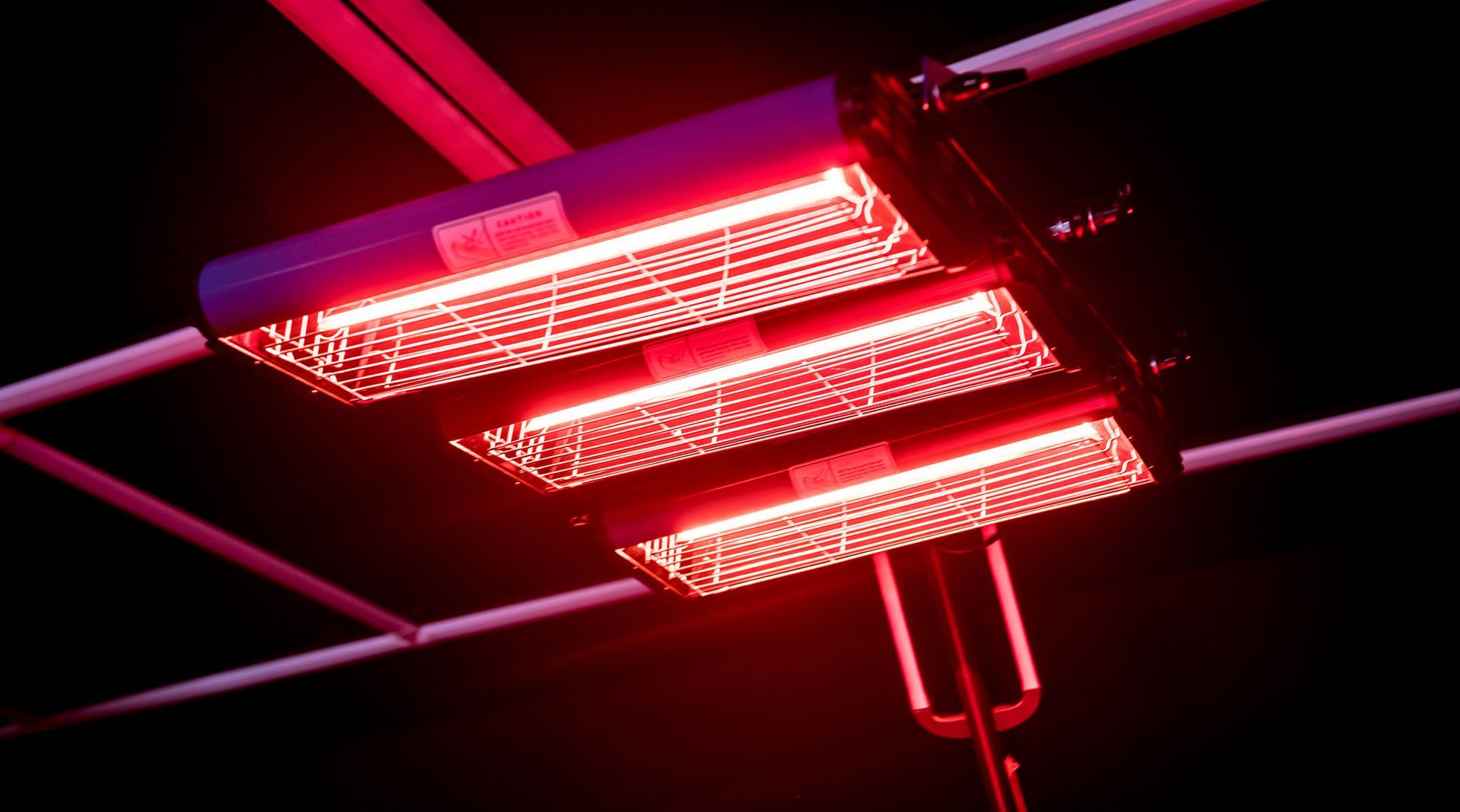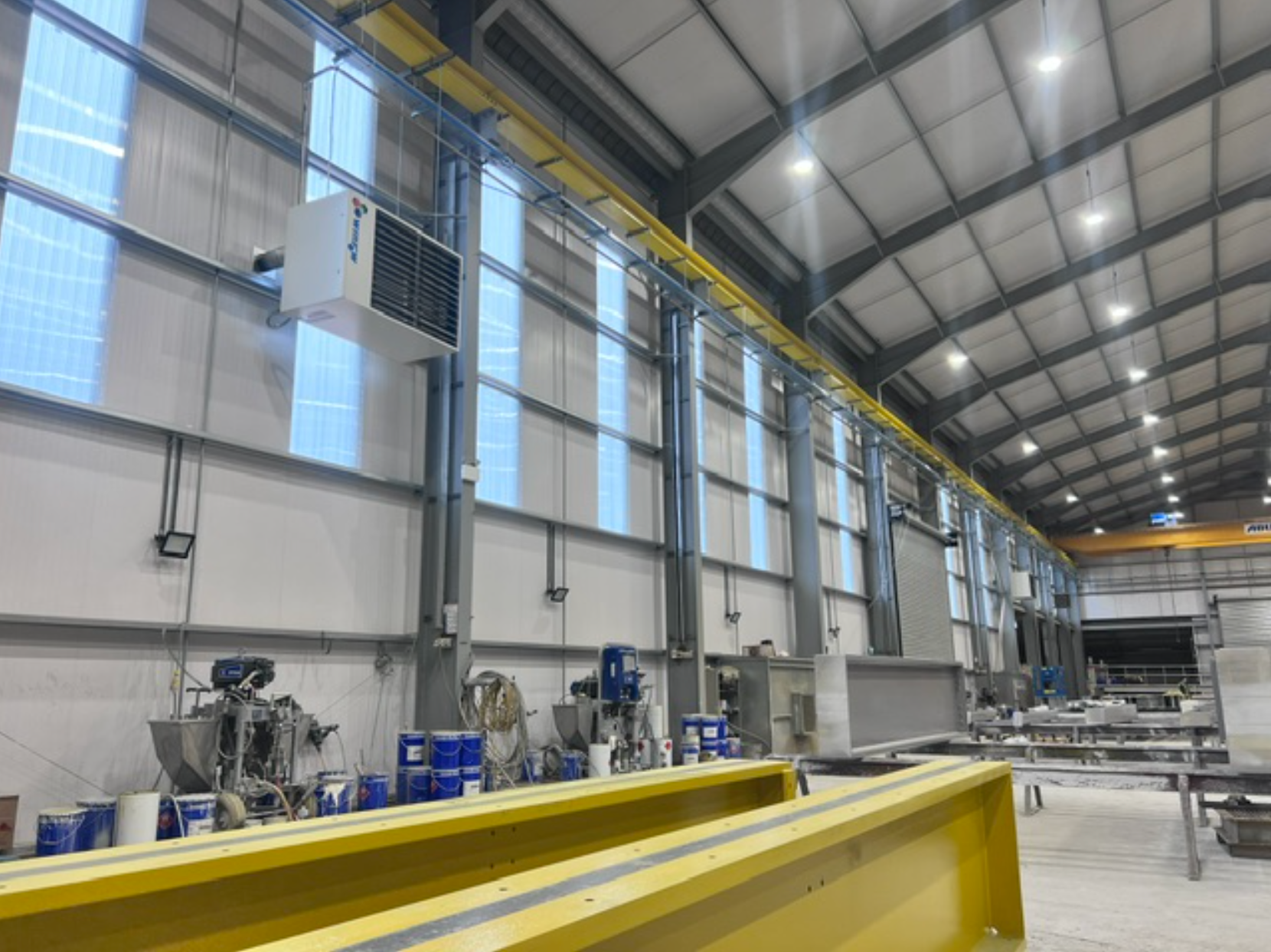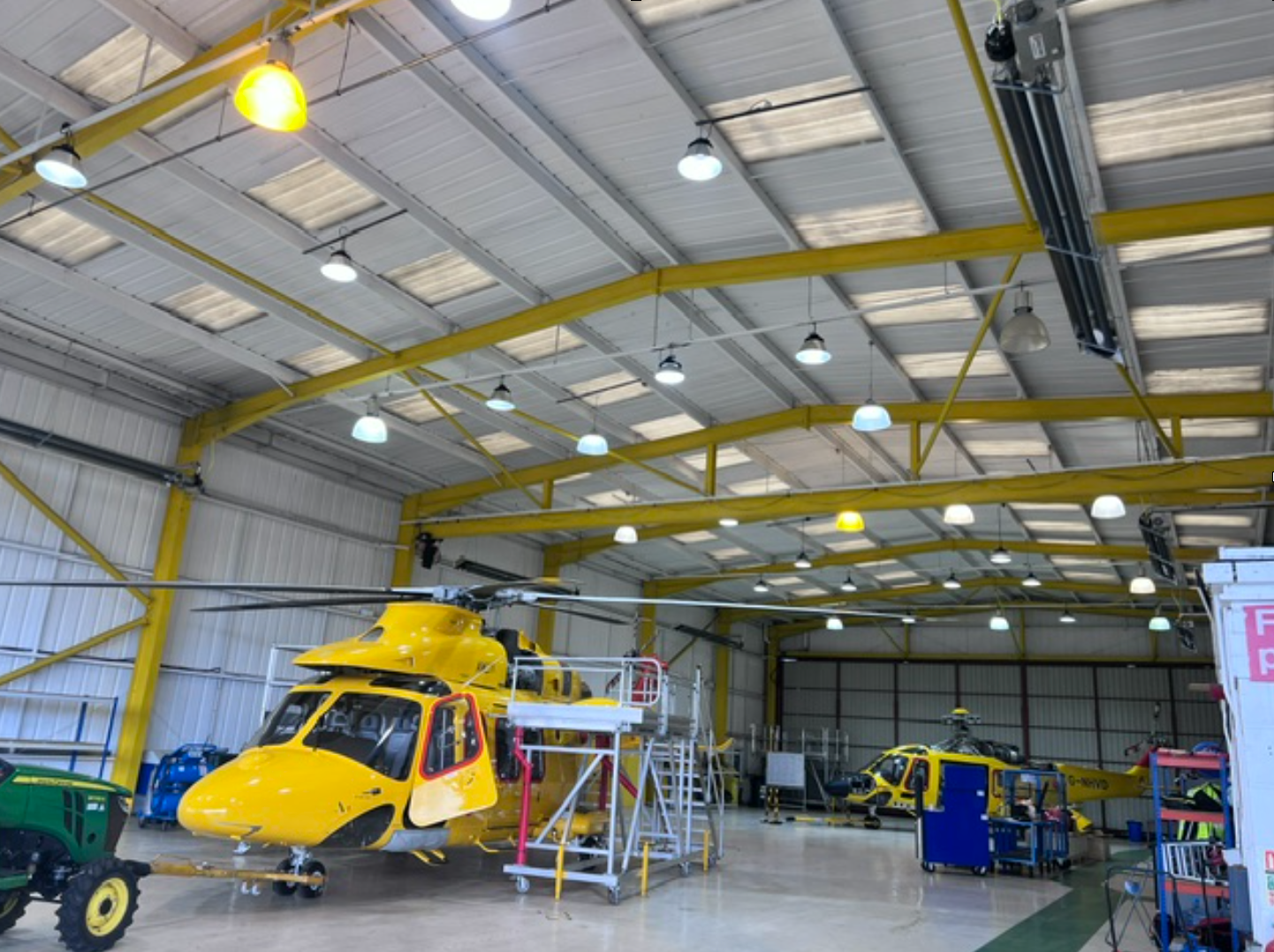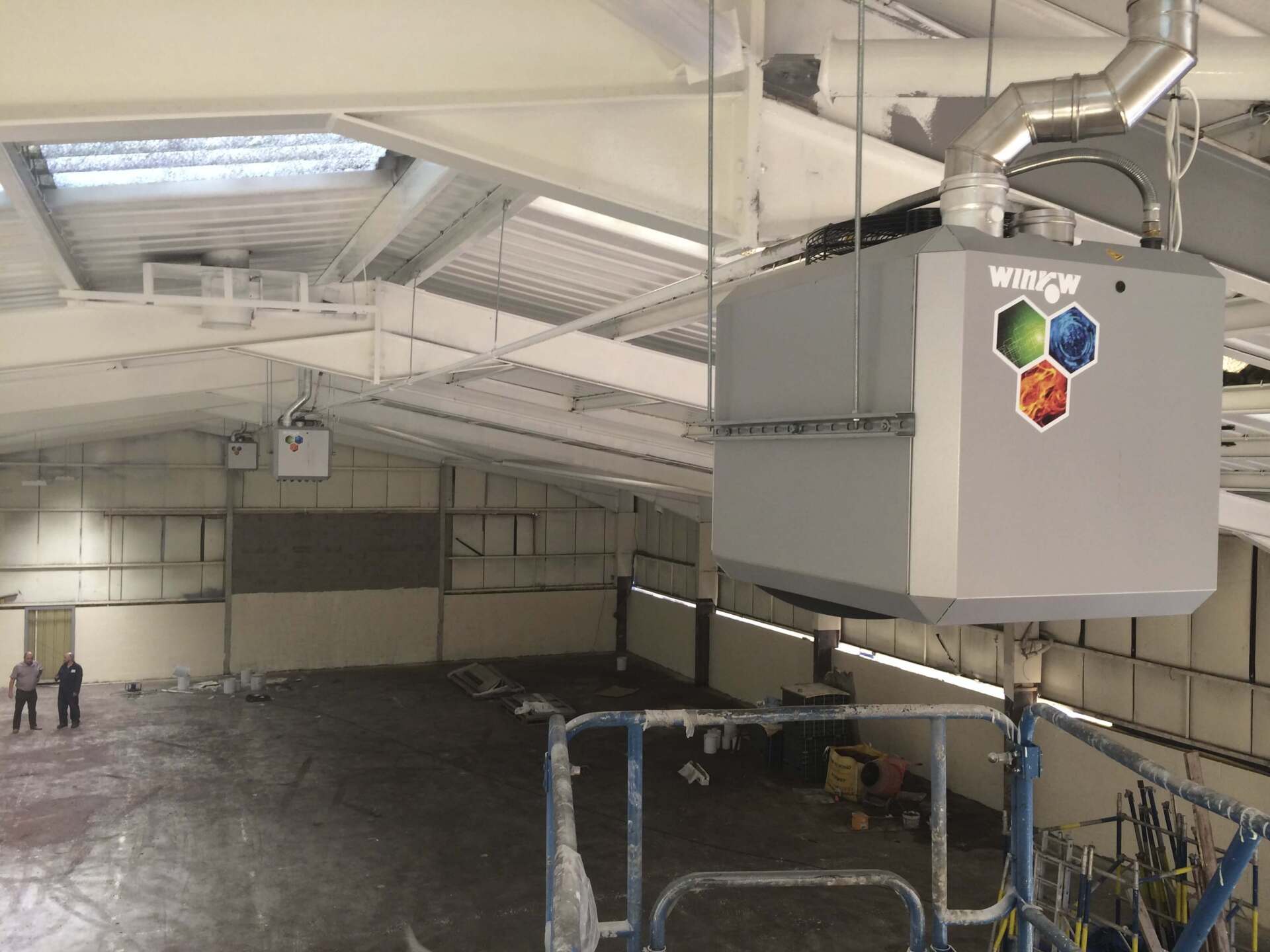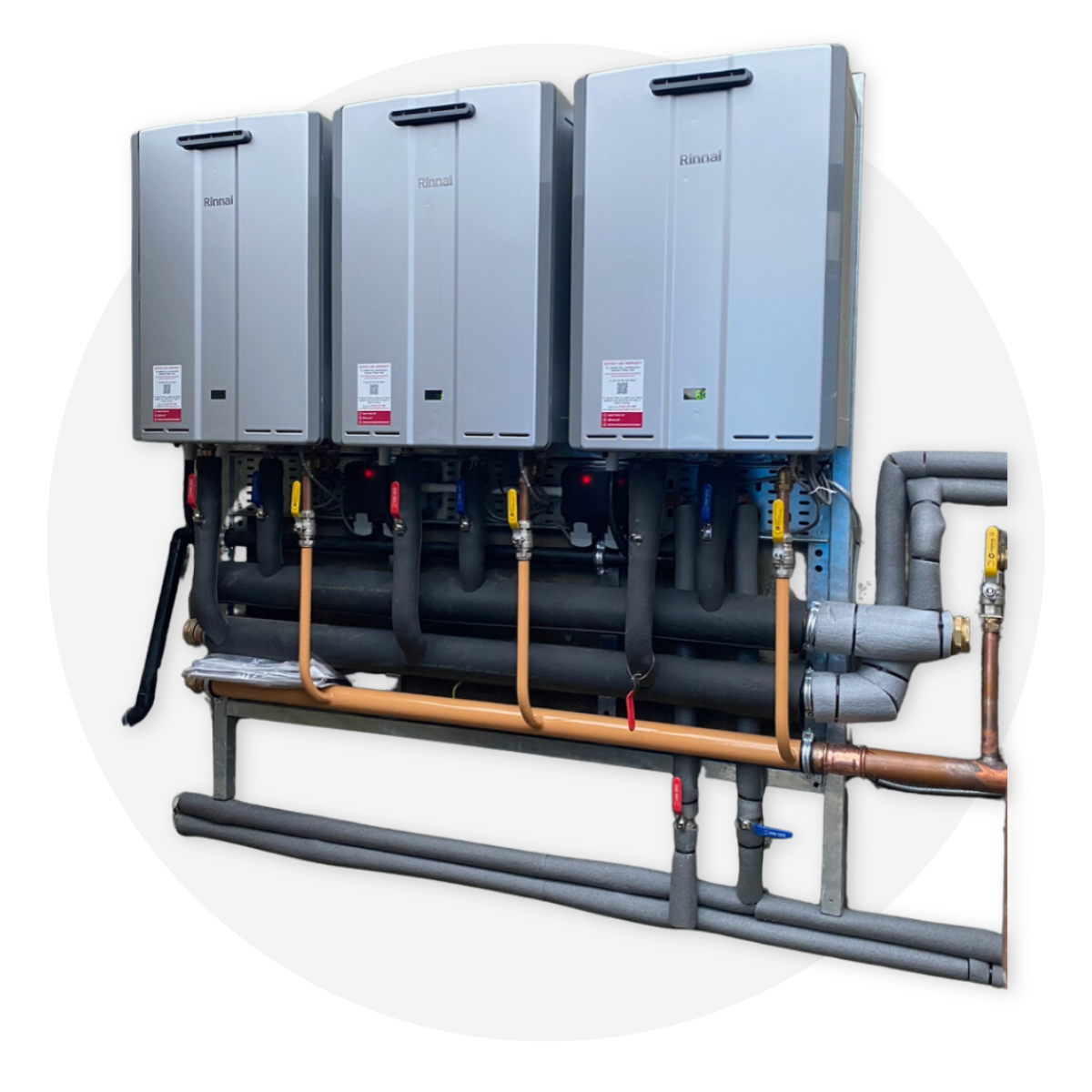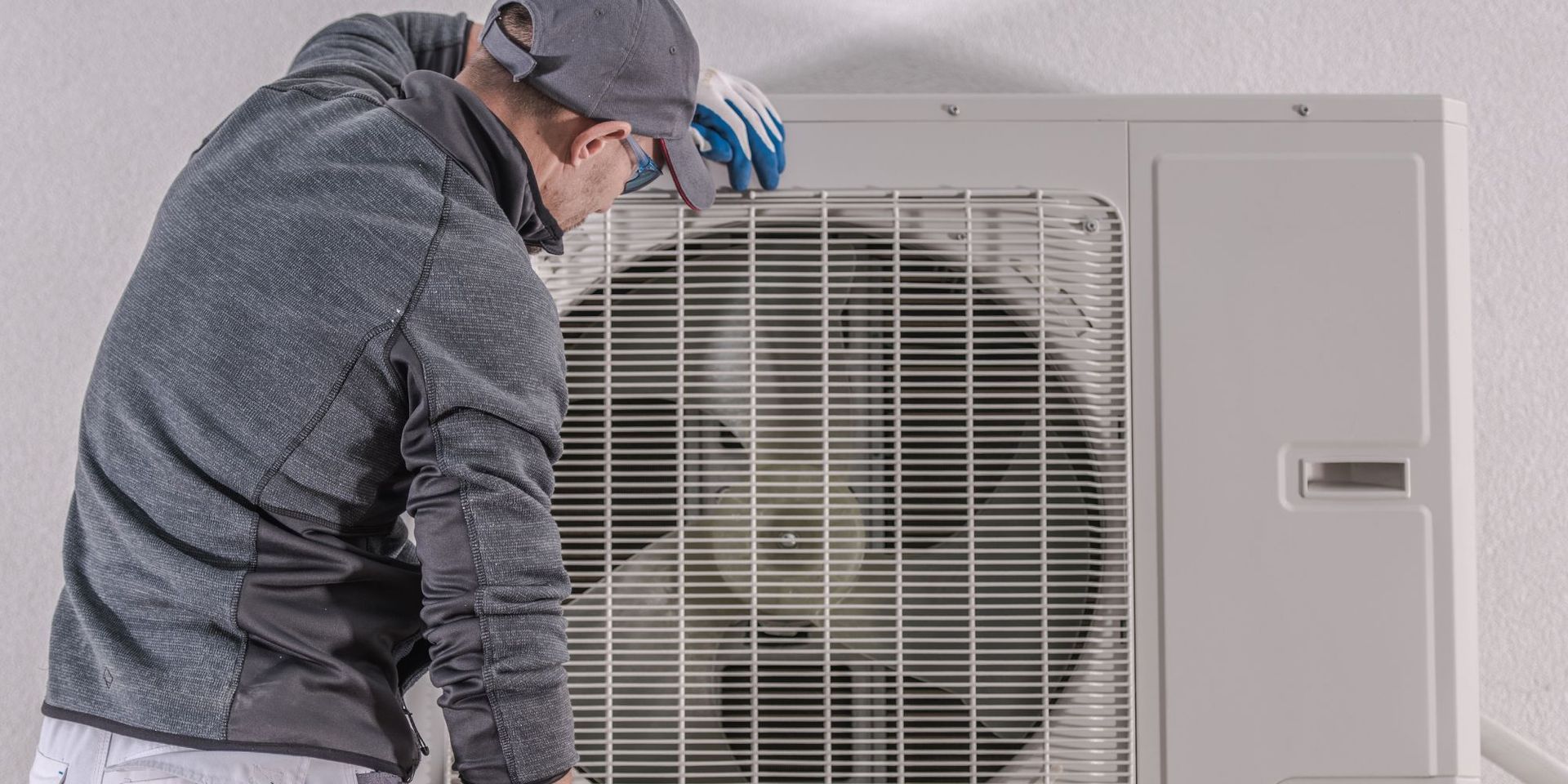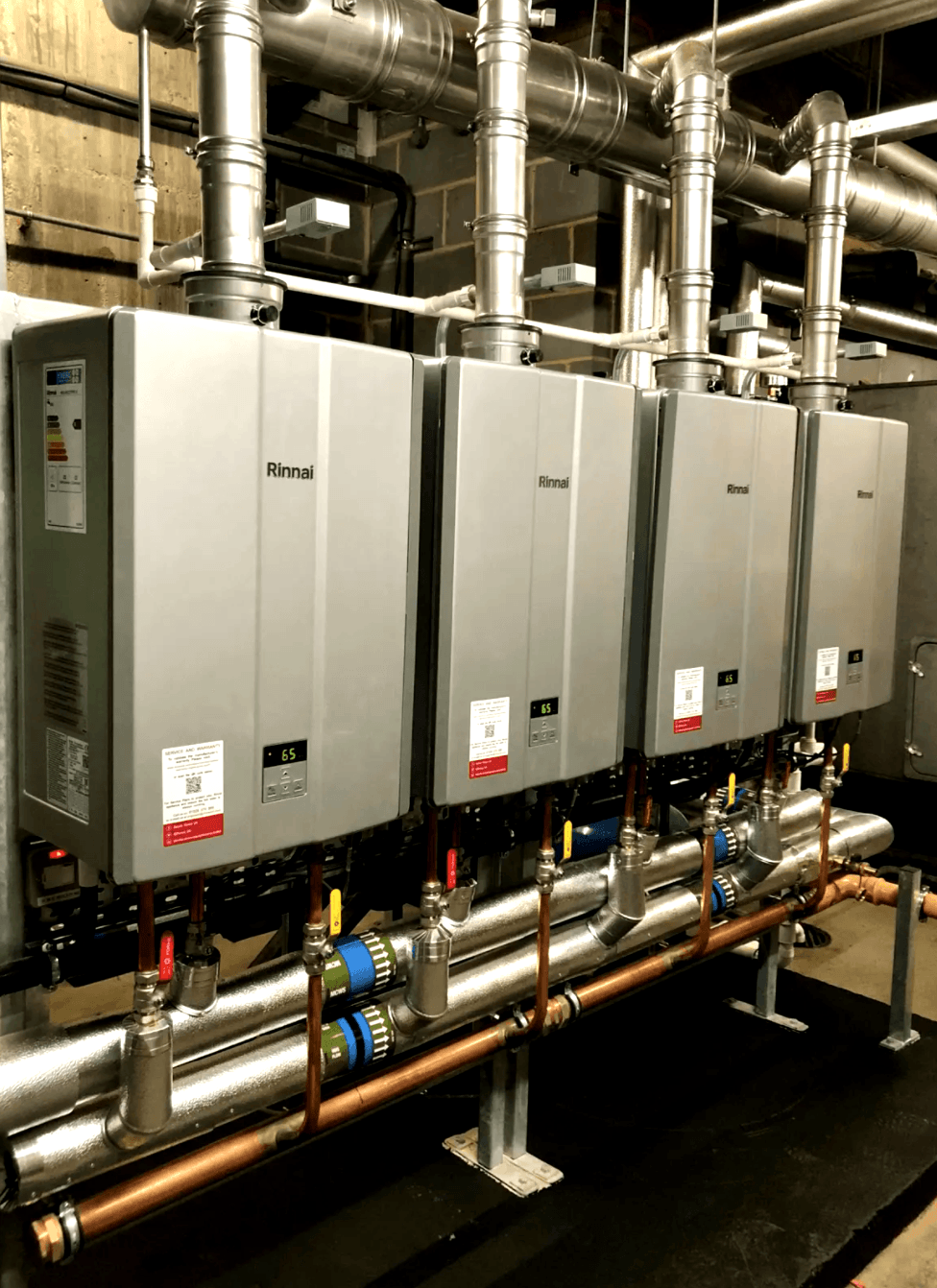The Ultimate Guide to Oil Central Heating: Costs, Benefits, and More
Oil central heating is a popular choice for homeowners in the UK because it is reliable, efficient, and effective. It provides warmth throughout the home and is ideal for those who live in areas without access to a mains gas supply. However, there are several factors to consider when it comes to oil central heating, including the cost of installation and maintenance, fuel prices, and environmental impact. In this blog, we will explore the top keyword searches related to oil central heating and provide you with all the information you need to make an informed decision.
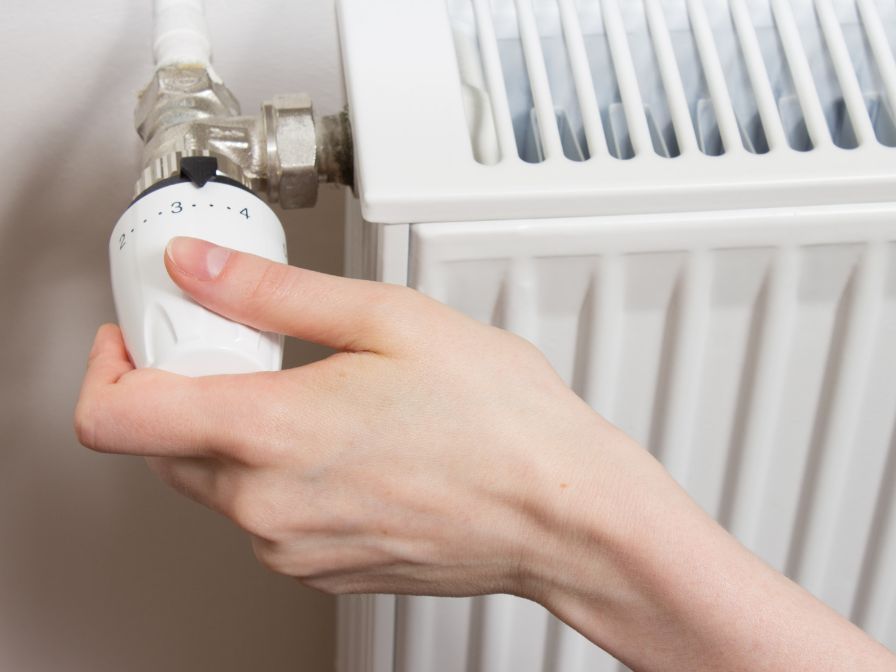
How Oil Central Heating Works - A Comprehensive Guide
Oil central heating is a popular heating option in countries like the UK, especially in areas where gas or electricity is not readily available. This type of heating system uses oil to heat up water, which is then circulated through radiators or underfloor heating systems to provide warmth to your home. The oil is stored in a tank on your property and is delivered by a tanker when needed. The efficiency of oil central heating systems has improved significantly in recent years, with modern condensing boilers able to achieve efficiencies of up to 90%. However, it's important to note that oil prices can fluctuate, which can affect the cost of heating your home. Additionally, oil is a fossil fuel and contributes to carbon emissions, making it less environmentally friendly than some other heating options. When considering oil central heating for your home, it's important to weigh up the cost, efficiency, and environmental impact to make an informed decision.
How Does Oil Central Heating Work?
How does oil central heating work? Well, it starts with an oil-fired boiler, which heats water in a tank. The hot water is then pumped through pipes to radiators throughout your home, providing warmth for each room. The heating system is controlled by a thermostat, which allows you to adjust the temperature to your preferred comfort level. Oil central heating is known for its efficiency, as the fuel is burned at a high temperature, producing more heat for every unit of fuel than other heating options. Additionally, modern oil-fired boilers have high-tech features, such as digital controls and energy-saving technologies, that make them even more efficient and cost-effective to run.
Benefits of Oil Central Heating
There are numerous benefits to using oil central heating. Firstly, this type of heating system is highly efficient and reliable, keeping your home warm and cosy throughout the winter months. Additionally, the cost of oil fuel tends to be lower than other fuels like electricity or gas, making it a cost-effective choice for many homeowners. Furthermore, modern oil boilers are designed to be environmentally friendly, with lower emissions than older models. They are also easy to maintain and repair, meaning less hassle and expense in the long run. Overall, the benefits of oil central heating make it a compelling choice for anyone looking to keep their home warm and comfortable without breaking the bank.
Drawbacks of Oil Central Heating
While oil central heating is an effective and reliable way to heat your home, there are some drawbacks to consider. Firstly, the cost of installation for oil central heating is often higher than other heating options. Additionally, the fluctuation of fuel prices can result in unpredictable costs for homeowners. Another factor to consider is the environmental impact of using oil as a heating source. Oil burning releases harmful pollutants into the air and contributes to climate change. While advancements have been made in reducing these emissions, it's important to be aware of the impact of your heating choice on the environment. Finally, oil central heating requires regular servicing to maintain its efficiency and ensure safety, which can be an additional cost for homeowners. Overall, while oil central heating has its benefits, it's important to consider the potential drawbacks before making a decision on your heating system.
Understanding Oil Boiler Costs
Understanding oil boiler costs is an important aspect of deciding whether oil central heating is the right choice for your home. The cost of installation can vary depending on the size of your home and the type of boiler you choose. However, investing in a high-quality oil boiler can lead to long-term savings on your energy bills. It's essential to also consider fuel prices, which can fluctuate over time, as well as the environmental impact of using oil as a fuel source. To make a fully informed decision, it's worth consulting with a heating professional who can advise on the best boiler options and provide a personalised cost estimate.
Factors that Affect the Cost of Installing an Oil Boiler
When considering the cost of installing an oil boiler, there are several factors to take into account. Firstly, the type of boiler you choose will affect the overall cost. While a standard combi boiler is the most cost-effective, a system or regular boiler may be necessary if you have multiple bathrooms or a large property. Additionally, installation costs vary depending on the complexity of the job and the location of the installation. It's important to ensure that you hire a reputable and experienced installer to ensure a safe and efficient installation. Finally, regular maintenance and upkeep are essential to prolong the lifespan of your oil boiler and avoid unexpected repair costs. While the upfront cost of an oil boiler may be higher than other heating options, it can be a cost-effective and reliable solution in the long run.
How Much Does a New Oil Boiler Cost?
When it comes to installing a new oil boiler, the cost can vary depending on several factors such as the size of your home, the type of boiler you choose, and the complexity of the installation. On average, the cost of a new oil boiler installation can range from £2,500 to £4,500 in the UK. An efficient and well-maintained oil boiler can last for up to 15 years, making it a long-term investment that will save you money on heating bills in the long run. Before making a decision, it's important to do your research and compare quotes from reputable heating engineers to ensure you're getting the best deal. It's also worth considering the potential savings you could make by upgrading to a more energy-efficient boiler, as this could offset the initial installation costs over time.
Choosing the Best Replacement for an Oil-Fired Boiler
If you're considering replacing your oil-fired boiler, there are several options to choose from. One popular choice is a biomass boiler, which uses renewable energy sources such as wood pellets or chips to generate heat. While the initial installation costs may be higher than that of an oil boiler, the long-term savings can be significant as energy prices fluctuate. Another option is a heat pump, which works by extracting warmth from the air or ground and using it to heat your home. While heat pumps are generally more efficient than oil boilers, they may not be suitable for every home. Ultimately, the best replacement for your oil-fired boiler will depend on your individual needs, budget and environmental concerns. It's important to seek expert advice before making any decisions to ensure you make a well-informed choice.
Comparing the Cost of Oil Central Heating to Other Heating Options
When it comes to choosing a heating option for your home, it's important to consider the long-term costs. While the initial installation cost of oil central heating may be higher than other options, such as electric or gas heating, the cost of fuel over time can often make it a more cost-effective choice. Additionally, oil central heating systems typically have a longer lifespan than other options, meaning that you may not need to replace your heating system as frequently. When comparing the cost of oil central heating to other options, it's important to take into account not only upfront costs but also ongoing fuel and maintenance expenses. Ultimately, the best choice will depend on your individual needs and budget.
Is Oil Central Heating Expensive in the Long Run?
When considering the cost of oil central heating in the long run, it's essential to take into account various factors. Firstly, the cost of installation can be quite high compared to other heating options. However, the good news is that modern systems are highly efficient, meaning that they use less fuel, which can result in lower energy bills in the long run. Additionally, the price of oil fluctuates, and it's essential to keep an eye on the market to ensure that you're getting the best deal. Finally, it's crucial to consider the environmental impact of oil central heating, as burning oil produces CO2 emissions. However, there are options available, such as biofuels, that can lower the carbon footprint of your home's heating system. Overall, while the initial cost may be higher, with proper maintenance and consideration of fuel prices and environmental impact, oil central heating can be a cost-effective and reliable way to heat your home in the long run.
Tips for Reducing Oil Central Heating Costs
If you're using an oil central heating system, reducing costs can be a priority. One way to save on heating bills is to improve the insulation of your home. By weatherstripping doors and windows, adding insulation to walls, floors, and ceilings, you can reduce the amount of heat that escapes your home. Additionally, it's important to maintain your heating system with regular servicing to ensure it operates at peak efficiency. Another way to save money is through regular monitoring of fuel prices and scheduling deliveries when prices are lower. By implementing these simple tips, you can help to reduce your oil central heating costs and keep your home heated efficiently and effectively.
Pros and Cons of Oil-Fired Central Heating
When it comes to oil-fired central heating, there are several pros and cons to consider. One significant advantage is that it tends to be more efficient than other heating options, such as electric or gas. However, the initial installation cost of an oil heating system is typically higher compared to other options. Additionally, the fluctuating cost of oil can make it difficult to predict the long-term expenses of using this heating method. Environmental impact is also a factor to consider, as oil heating systems emit carbon dioxide which contributes to global warming. Ultimately, the decision to use oil central heating should be based on your unique circumstances and priorities. It's essential to weigh the advantages and disadvantages of this heating option before making a decision.
Environmental Impact and Oil Central Heating
When it comes to considering the environmental impact of oil central heating, there are both positive and negative aspects to consider. On the one hand, modern oil boilers have become significantly more efficient and produce fewer emissions than their older counterparts. Additionally, oil is a cleaner-burning fuel than coal or wood, which are often used for alternative heating methods. However, it's important to note that burning oil still releases carbon dioxide and other pollutants into the atmosphere, contributing to climate change and poor air quality. That's why it's important to consider ways to reduce your overall heating energy consumption, such as improving your home's insulation and using a programmable thermostat. By making mindful choices, you can minimize the environmental impact of your oil central heating system.
Maintenance and Servicing an Oil Boiler
Keeping your oil central heating system well-maintained is crucial in ensuring its longevity and efficiency. Regular servicing can prevent breakdowns and reduce the risk of costly repairs. It is recommended to have your oil boiler serviced annually by a registered engineer, who will carry out checks and clean any necessary components. Some insurance policies may also require proof of regular servicing to remain valid. In addition to preventative maintenance, it is important to keep an eye out for any warning signs that your oil boiler may need attention, such as unusually high fuel usage or strange noises. Addressing issues early on can save you money in the long run and keep your home warm and comfortable throughout the winter months.
Conclusion: Is Oil Central Heating Right for You?
After understanding the mechanics and cost benefits of oil central heating, it's easy to see why it remains a popular option for homeowners. With its reliable heating output and easy-to-use technology, oil central heating can provide warmth and comfort throughout the winter months. Additionally, the cost of installation is relatively low, with significantly lower maintenance costs compared to other heating options. While the environmental impact of oil central heating may be a factor to consider, there are steps you can take to reduce your carbon footprint, such as investing in a high-efficiency boiler and booking regular maintenance checks. Ultimately, whether oil central heating is right for you will depend on your individual circumstances, but it's certainly an option worth exploring.
Summary:
Oil central heating is an effective and reliable way to heat your home, but there are several factors to consider, including the cost of installation, fuel prices, and environmental impact. By understanding the top keyword searches related to oil central heating, you can make an informed decision about whether this heating option is right for you. From understanding how oil central heating works to comparing costs with other heating options, this blog provides a comprehensive guide to oil central heating.
Share This Post.
Latest News | Winrow Industrial Heating
